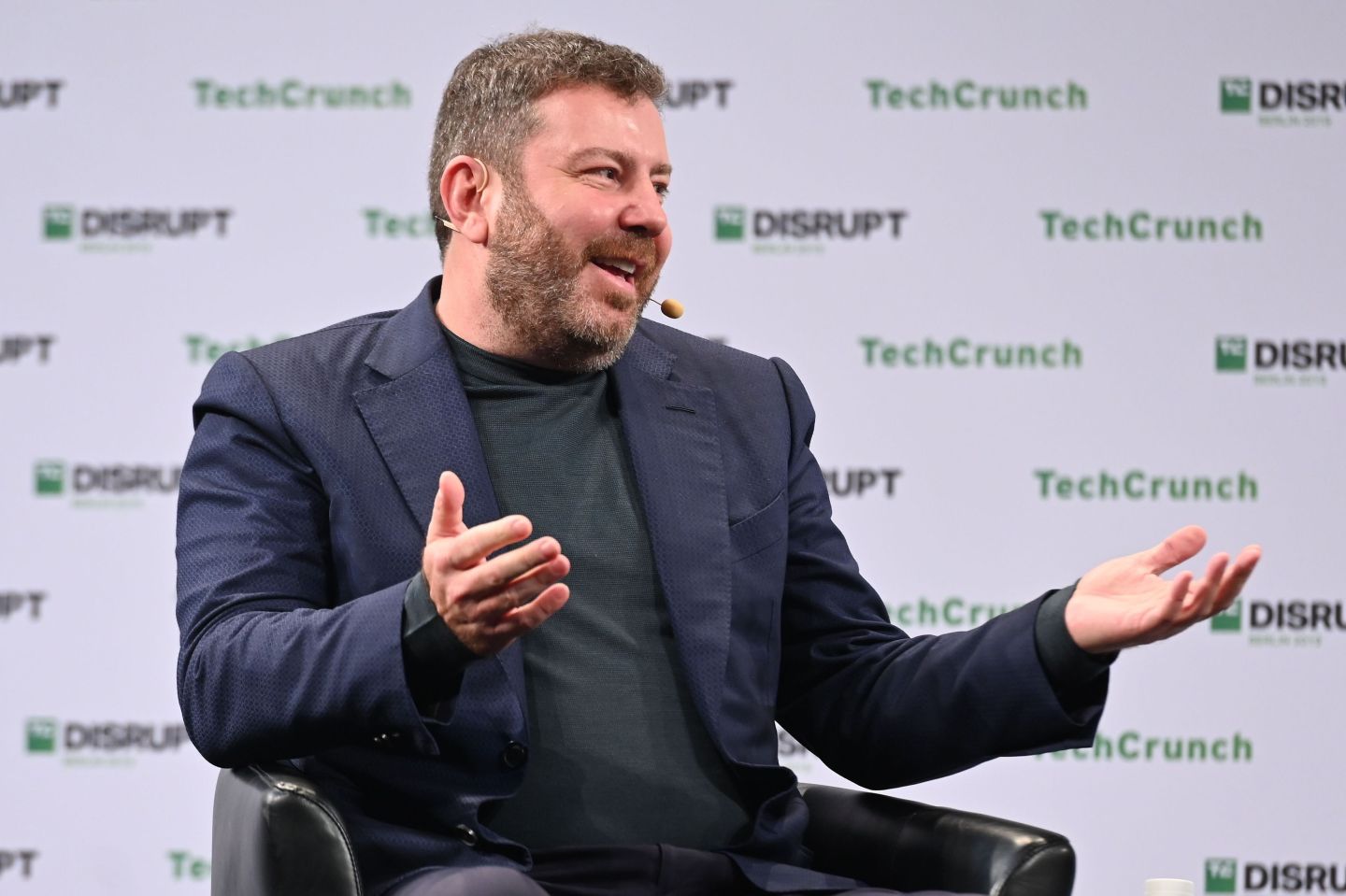I first heard about “founder mode” from Daniel Dines, the cofounder and returning CEO of UiPath. The term came from a blog post earlier this week by Y Combinator cofounder Paul Graham, inspired by Airbnb cofounder Brian Chesky’s talk about the perils of outsourcing key leadership tasks to others. In a nutshell: Entrepreneurs are too often pressured to go into manager mode, hiring outsiders when they should have stayed in founder mode.
It felt like a bit of a yin-yang debate to me: Do you need a wartime general or a peacetime general? A Satya Nadella or a Bill Gates? Are you facing headwinds or tailwinds? Are you a man or a woman? Red pill, blue pill? I disagree with Graham’s Dilbert-like assessment of managers as “professional fakers” (Speak up, Eric Schmidt!) and can recall a time when Chesky appreciated the merits of experienced leaders. But who doesn’t love a good debate?
The founder mode argument resonated with Dines, who started UiPath in his native Bucharest in 2005 to create bots that automate routine tasks, becoming a giant in the robotic process automation (RPA) space. Dines brought Rob Enslin on as co-CEO in April 2022, making him the sole CEO in February, only to announce that he’d be taking over again as CEO in June. Like a marriage, sometimes things don’t work out.
Now, Dines is back in full founder mode, which means breaking down silos and getting into the weeds. He has about 40 direct reports. (Hey, Nvidia’s Jensen Huang has at least 55.) He only has skip-level meetings—“I want to make sure they have a channel; my directs can call me.”—and he touches all parts of the company. “Everyone was telling me I should bring in professional management to scale,” he says. “You need to know what’s going on; getting there still requires a lot of micro-management.”
My colleague Lila MacLellan met yesterday with Samara cofounder Joe Gebbia, who also cofounded Airbnb, and Samara CEO/cofounder Mike McNamara. Samara is a startup making prefabricated homes that spun out of Airbnb. Asked about founder mode, Gebbia first deadpanned, “What’s that?”
Gebbia believes in “cofounder” mode, arguing that he and his two Airbnb cofounders—Nathan Blecharczyk is the third—had complementing skill sets. Now, at Samara, Gebbia spends time on branding and creative issues while McNamara looks after operations, manufacturing, and supply chain issues. In other words, McNamara also finds himself in the weeds. He manages people but gives them room. “I’m also nice to them. I pay them well.”
That’s a mode we can all rally around.
More news below.
Diane Brady
diane.brady@fortune.com
Follow on LinkedIn
TOP NEWS
Benioff's AI agents
In a new exclusive interview with Fortune, Salesforce CEO Marc Benioff signaled that the company will "hard pivot" its focus to Agentforce, a soon-to-be-unveiled platform that will allow users to build AI agents on Salesforce apps. Benioff says that the agents are more powerful than AI models like ChatGPT.
Trump's proposed sovereign wealth fund
Former President Donald Trump has announced that he wants to create a sovereign wealth fund for America if elected in November. The former president said that the fund would "great national endeavors for the benefit of all of the American people," though it's unclear what the fund would invest in and how dividends would be distributed. Fortune
Deutsche Bank CEO says Germans aren't working hard enough
Deutsche Bank CEO Christian Sewing believes Germans need to work harder to rescue their country from ongoing economic struggles. His comments come as Volkswagen and Intel consider reducing manufacturing operations in the country. Fortune
AROUND THE WATERCOOLER
Mars chief reveals his secrets to leadership success: Slow down, learn from failures, embrace feedback by Massimo Marioni
Washington attacks on Nippon’s bid for U.S. Steel puts ally Japan’s spot in ‘friends and family list’ into doubt by Lionel Lim
Unemployment is rattling the Fed committee so much that even its hawkish members are backing a cut by Eleanor Pringle
How to get hired at KKR, the PE giant that accepts fewer than 1% of intern applicants by Luisa Beltran
Anthropic joins OpenAI in going after business customers by Sage Lazzaro
Nvidia’s CEO would rather ‘torture employees to greatness’ than fire them by Chloe Berger
40 million people are using LinkedIn’s #OpenToWork badge right now—but recruiters say it can look desperate by Orianna Rosa Royle
This edition of CEO Daily was curated by Joey Abrams.













